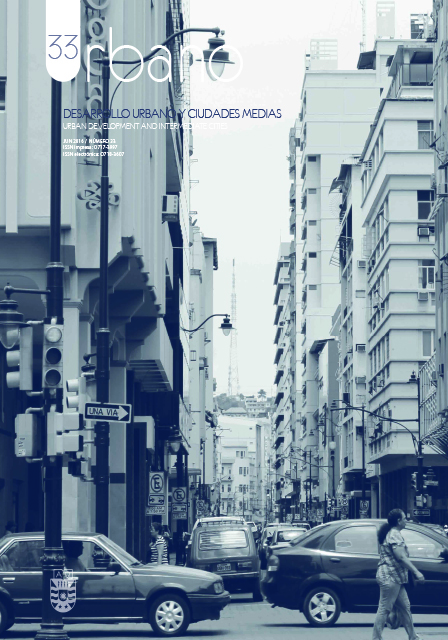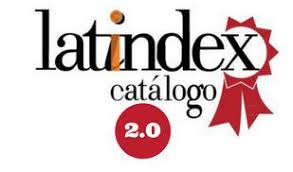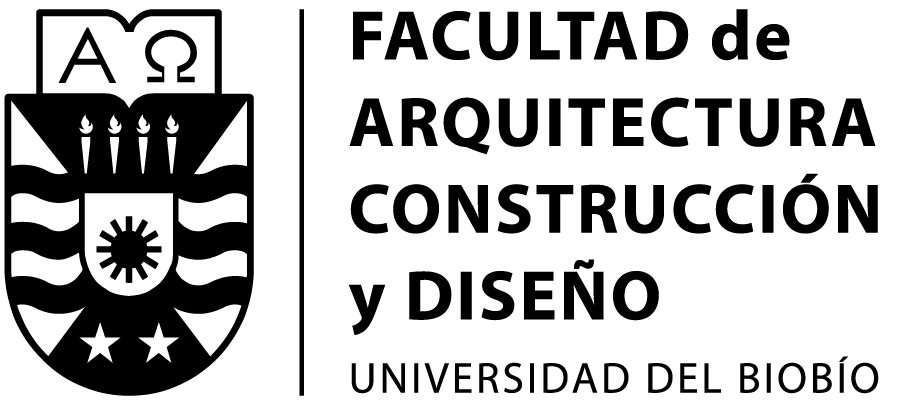The habitat and ecology of poverty
Keywords:
habitat, ecology, poverty, degradation, inequalityAbstract
There is not only a geography of poverty, but also an ecology of poverty. Proportionately, poverty has become more urbanized than population, and ecological poverty has formed metropolitan ecosystems marked by survival adaptations, in which social and environmental degradation correlate. This article discusses human ecology, ecological poverty and the habitat of the poor. Not coincidentally, among the top urban models are those based on “human ecology”. They argue that social segregation is also ecological and nowadays housing and basic -mainly urban- services are relevant variables in measuring multidimensional poverty. In ecological poverty, the human species, which has the greatest legal protection, is usually the most preyed upon by its own species; as an overexploited or underused resource, it fluctuates between merchandise and unemployment. The poor, segregated and exiled from the city, live in ecologically risky areas, with pathological density and cohabitation, in socially and environmentally critical ecosystemic relationships. These are stigmatized places and discriminated populations that survive in suburban and even worse, sub-city and sub-human conditions.
Downloads
References
ARTEAGA, Catalina. Pobreza y estrategias familiares: debates y 13 reflexiones. Revista Mad, 2007, no 17, p. 144-164.
BECK, Ulrich. La sociedad de riesgo global. Madrid: siglo XXI, 2002.
CELY GALINDO, Gilberto SJ, et al. Ecología-humana: Una propuesta bioética. Santa Fe de Bogotá: Instituto de Bioética, Pontificia Universidad Javeriana, 1998.
CEPAL. Panorama Social de América Latina. Santiago de Chile: Naciones Unidas, 2014.
CRESPO, J. Renato. Ética, política y ecología. En RICALDI, Teresa. La economía ecológica: una nueva mirada a la ecología humana. Cochabamba: CESU (UMSS)-UNESCO, 1999, pp. 187-200
DAHER, Antonio. La capital: El capital. EURE. Revista Latinoamericana de Estudios Urbano Regionales, 1989, vol. 15, no 46, pp. 17-28.
DAVIS, M. Planeta de ciudades-miseria. Involución urbana y proletario informal. New left review (español), 2004, no 26, pp. 5-34.
DEL MORAL ITUARTE, Leandro. Crisis del capitalismo global. Desarrollo y medio ambiente. Documents d’anàlisi geogràfica, 2013, vol. 59, no 1, pp. 77-103.
DEPARTAMENTO DE ASUNTOS ECONÓMICOS Y SOCIALES DE LA SECRETARÍA DE LAS NACIONES UNIDAS Objetivos de Desarrollo del Milenio. Informe 2014. Nueva York: Naciones Unidas, 2014
ELIZALDE, Antonio. Ciudad, Salud y Medio Ambiente: ¿Fallas de marcado? Análisis crítico de la racionalidad neoliberal. En RICALDI, Teresa. La economía ecológica: una nueva mirada a la ecología humana. Cochabamba: CESU (UMSS)-UNESCO, 1999, pp. 463-484.
FERNÁNDEZ, Ramón, La quiebra del capitalismo global 2000-2030. Crisis multidimensional, caos sistémico, ruina ecológica y guerras por los recursos. Preparándonos para el comienzo del colapso de la Civilización Industrial. Madrid: Libros en Acción-Virus y Baladre, 2011.
Downloads
Published
How to Cite
Issue
Section
License
The content of articles which are published in each edition of Habitat Sustentable, is the exclusive responsibility of the author(s) and does not necessarily represent the thinking or compromise the opinion of University of the Bio-Bio.
The author(s) conserve their copyright and guarantee to the journal, the right of first publication of their work. This will simultaneously be subject to the Creative Commons Recognition License CC BY-SA, which allows others to share-copy, transform or create new materials from this work for non-commercial purposes, as long as they recognize authorship and the first publication in this journal, and its new creations are under a license with the same terms.![]()























